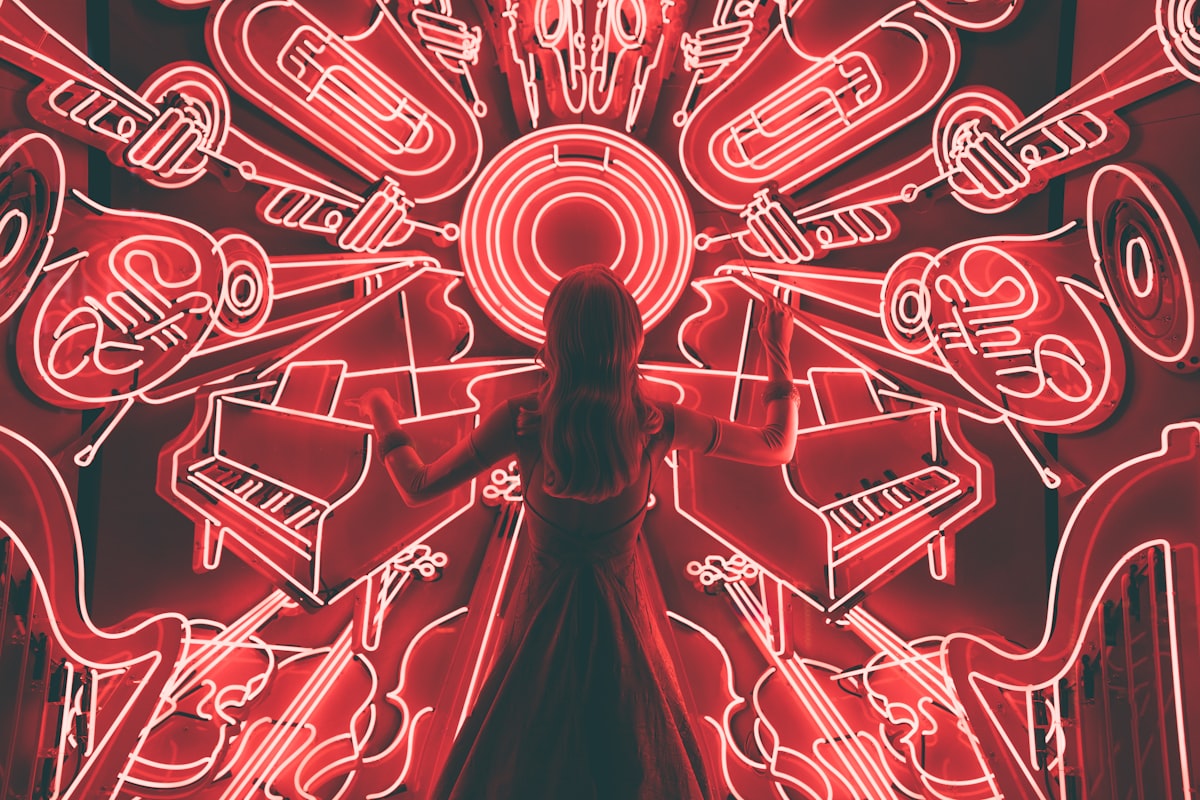As well as an art, music is a way of life
Worldwide, Mexicans listen to music the most, 25.6 hours a week; a figure higher than the global average, 18. As a country with an enormous musical richness, Mexico is a "historical laboratory" of influences. The most popular genres are pop/contemporary, rock/alternative/indie, and urban.





